GET IN TOUCH
REQUEST A CALL BACK
Menu Call Back Form
Thank you, your information has been submitted and we will contact you shortly. If you seek immediate attention please call (715) 630-6451.
Northwind Solar
Please try again later
(715) 223-0418
-
Does solar work here? (In Wisconsin)
Yes, photovoltaic (PV) systems have been used to provide clean, consistent energy generation in Wisconsin for decades! Though Wisconsin receives less consistent sun throughout the year compared to some states, we still have access to 60-80% of the solar energy that southern states do. Most residential customers can fit enough solar on their roofs to provide significant energy savings.
-
Is investing in solar cost effective?
Although Solar can be a significant investment, it will almost certainly pay for itself in its lifetime. How valuable or cost-effective your array depends on your solar access, electricity consumption, utility rates, and more. Though every system may not provide the same value, we strive to find practical and valuable solutions for all our customers. Ultimately, you’ll pay less for your PV system than you would have paid to your utility company to purchase electricity in the long term.
-
How do I know if I’m a good candidate for solar electricity?
Solar access is one of the most important aspects of a valuable solar install. If you have a roof or open space on your property that gets consistent sun between 9am and 3pm throughout the year, you’re off to a great start. It’s reasonable to have some shading occur throughout the day or year, and we can design systems that will help mitigate energy losses due to that shading.
Two other factors are also important for high-value solar installations; electricity consumption and electricity rate. If you don’t have very much electrical demand to offset, or if your utility is currently providing electricity at a very low rate, you may find a solar investment will take longer to “break even.”
-
Do I have to put it on my roof? What if my roof doesn’t face south?
No, you don’t necessarily have to put your solar array on your roof. If you have an open space on your property with good solar access, we can build a ground-based structure to hold your array. These systems tend to be slightly more expensive, but can be optimized for excellent energy production. It’s also important to know that east and west facing roof planes can still provide good energy production and high value for customers. Improvements in solar panel energy density and reductions in cost allow us to utilize east and west facing planes when necessary.
-
What is a ‘grid-tied’ solar energy system?
On a sunny day, when your solar array is producing power, the generated electricity flows into your main electric service panel and will power the electric loads that are operating in your home. If your solar array generates more electricity than you need at that time, the excess energy will continue flowing back into the grid and your utility will compensate you for that energy. At night, on a cloudy day, or if you are just consuming more energy than your solar array is producing, you will still purchase electricity from the grid.
-
What is Net Metering? Does my utility pay me for producing solar energy?
Net metering refers to the accounting mechanism that your utility provider uses to measure and compensate you for producing solar energy. It refers to the practice of measuring the difference between the incoming and outgoing electricity, called ‘net.’ This net-energy figure is then used to calculate if you owe or are owed money, and how much. Most utility providers in our area use a monthly net metering billing cycle, though some use an annual method.
-
What is Self-Supply?
Self-Supply refers to a PV system owner’s ability to store excess electricity that may be produced during the day by using on-site batteries, and then using that stored electricity later in the day or further in the future. Your utility provider’s rules for compensating excess energy will determine when it makes sense to use batteries for self supply in your home.
-
Do I need batteries to get the full use of my solar array?
No, but there is good reason to consider energy storage. A grid-tied solar electric system allows you to realize the financial value of solar generated electricity without the added cost of batteries. Your system will perform similarly with or without a battery as long as you have grid power. In the event of a grid outage, all systems without a battery are required by law to shut-down due to grid safety concerns. Batteries are the solution to having your array continue to provide power to your home during grid outages.
Battery technology has advanced quickly in recent years and has proven to be a beneficial addition to grid-tied solar systems. They can provide opportunities for self-supply and emergency backup and we can help you to design a system that will maximize the value of stored solar energy.
-
Can I have a grid-tied solar system installed now and add batteries at a later date?
Yes! It is also a good idea to have your installer design the grid-tied system with energy storage in mind in order to minimize energy storage installation costs in the future.
-
Will solar eliminate my monthly electricity bill?
A solar installation certainly has the potential to offset most or all of your monthly energy use during certain months of the year. It is unlikely, however, that your system would eliminate all of your electric bills throughout the year. Due to the limited solar access in the winter, monthly service charges, and utilities’ net metering rules, you should not expect a $0 bill for much of the year. However, we design and install many systems that provide homeowners with 6-8 months worth of heavily discounted bills or show a small credit. Any solar installer offering to “eliminate” your utility bills is not painting a realistic picture.
-
Can I finance my solar install?
Yes, you can find financing for your solar investment through traditional lenders’ products like home equity loans. Or, you may want to work with specialty lenders who provide loans specifically for solar projects, like Green Penny or Clean Energy Credit Union.
-
How do you attach the panels to my roof?
Depending on the surface material of your roof, we can use a variety of products to secure our solar modules to your roof’s framing. Industry specific flashings, stand-off attachments, and rails are all used to ensure that your array is secure and that your roof is protected from water intrusion.
-
Are there still incentives when I buy solar?
Yes. The current federal tax credit is 30% of the installed cost. Focus on Energy is still incentivizing installations at $500 per residential project and an extra $500 for rural locations.
-
Do the panels come with a warranty?
Yes, all of our solar panels come with a warranty. Typically, residential modules that are used on roof installations carry a 25 year warranty, while larger modules used in ground-mounted systems carry 12 year warranties. Both types of panels also typically come with 25 year performance guarantees, ensuring a high-level of production and efficiency for decades to come. Beyond these product warranties, Northwind offers a comprehensive 10-year workmanship warranty.
-
Will my panels get damaged by hail? / What if my panels get damaged in a storm?
Since they are made with tempered glass, it is unlikely that your modules would be damaged by hail. Many of the modules we use are specifically designed to withstand the extreme weather conditions that we see in Wisconsin. If panels or other components were to be damaged in a storm, your homeowners policy would cover costs related to replacement.
-
Do you use the highest quality modules?
We have access to a variety of module brands and sizes. Our goal is to provide long-term value to our customers, so we use high-efficiency, high-quality modules from trusted industry brands.
-
Do I need to clear snow off of modules in the winter?
Your PV solar system will not produce electricity if the modules are covered in snow. If you can safely remove snow from your panels, it is recommended to do so in order to keep producing electricity. However, all of our energy production projections are done with the assumption that snow will not be actively cleared. This means if you do remove snow, you’ll likely receive a little bonus energy! It’s also important to remember that your system's potential production is lowest in the winter, while the sun is low in the sky and daylight hours are limited. So, clearing snow will not net you a significant increase in annual productivity.
-
Do I need a permit to install solar?
Likely, yes. Depending on your location, utility, and the type of installation you’re planning, you may need one or more permits for the project. Not to worry, our Project Management team will identify all necessary permits and facilitate getting all necessary applications submitted.
-
Do I need to find an electrician?
Northwind employs our own Master Electricians and electrical staff, so you won’t need any additional electrician subcontractor for your solar installation. Some customers who want, or need, to perform additional electrical upgrades on their home may want to hire another electrician to perform work before or after our installation schedule.

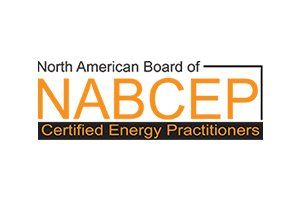
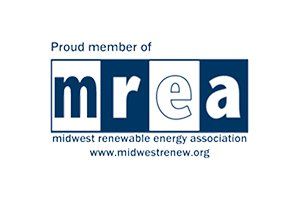

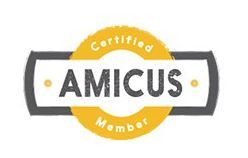

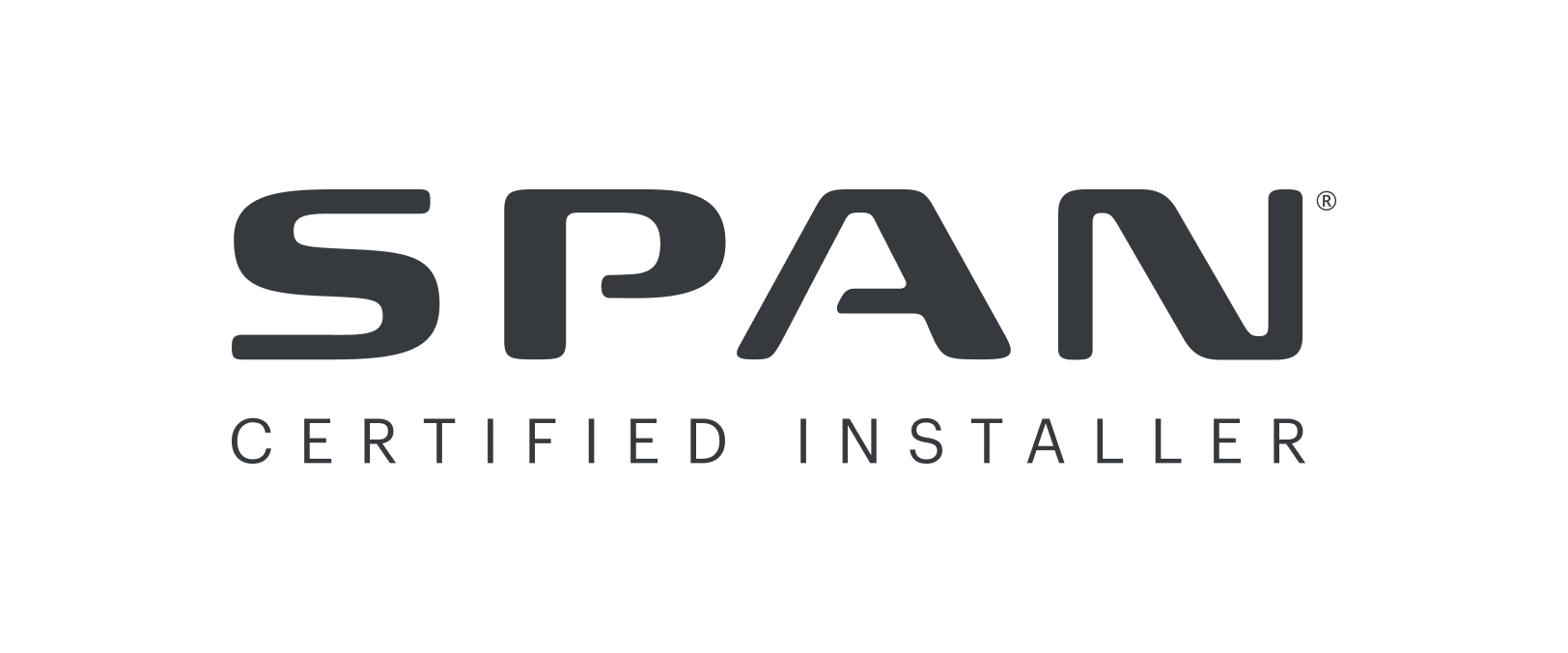
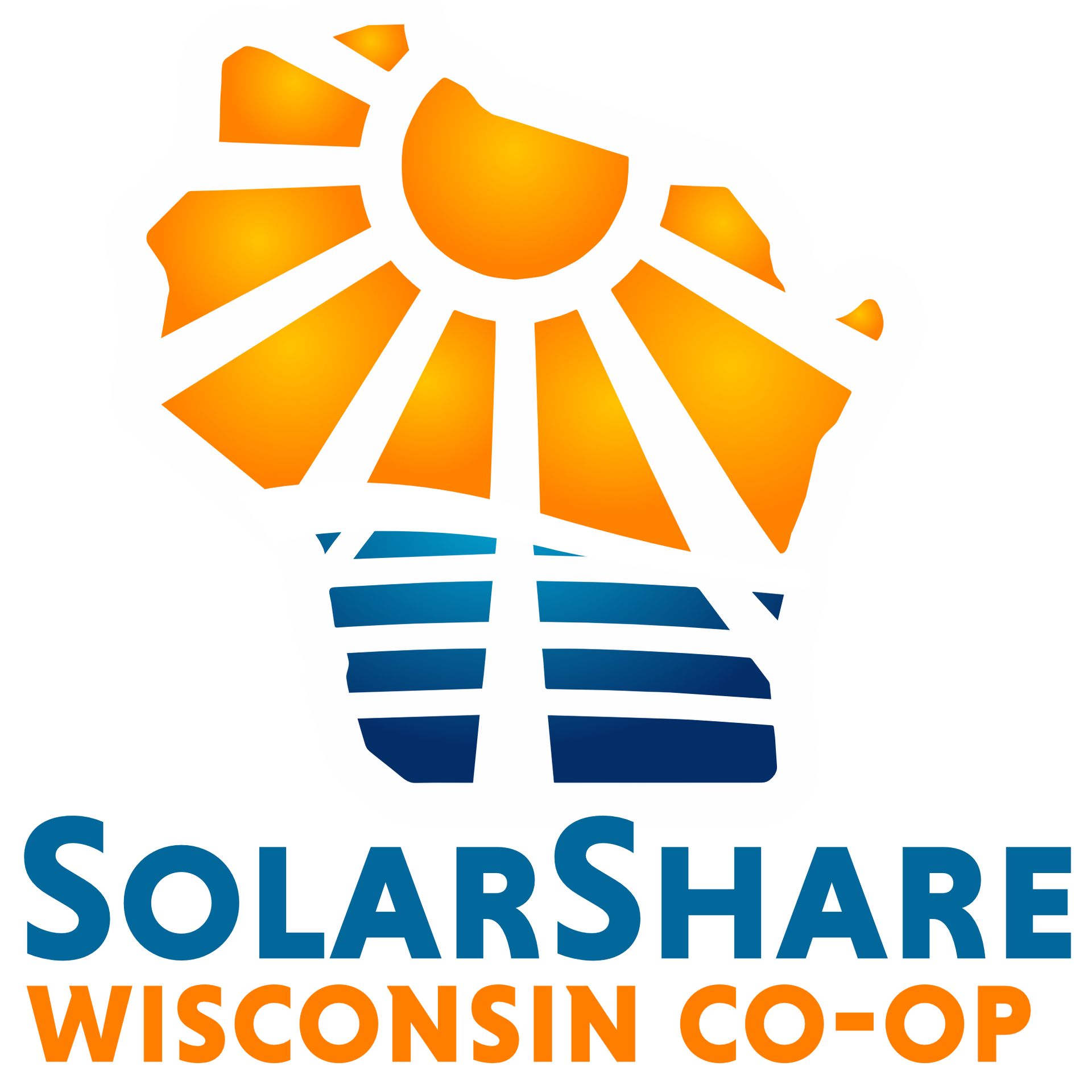


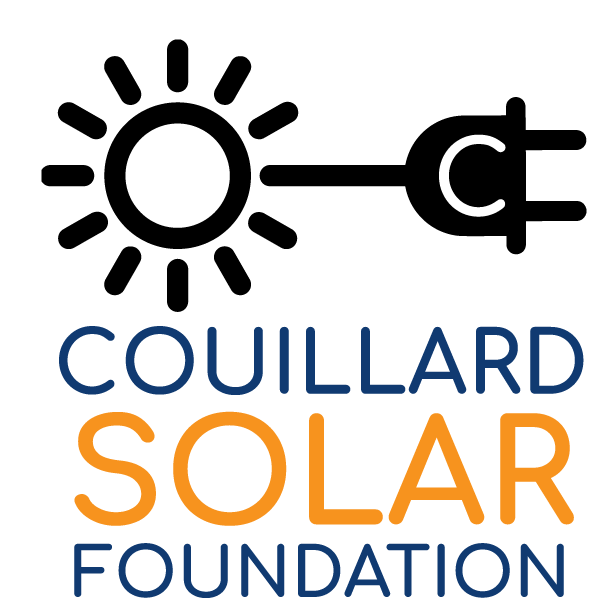



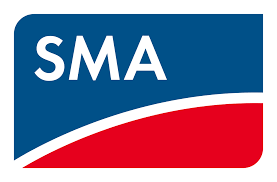
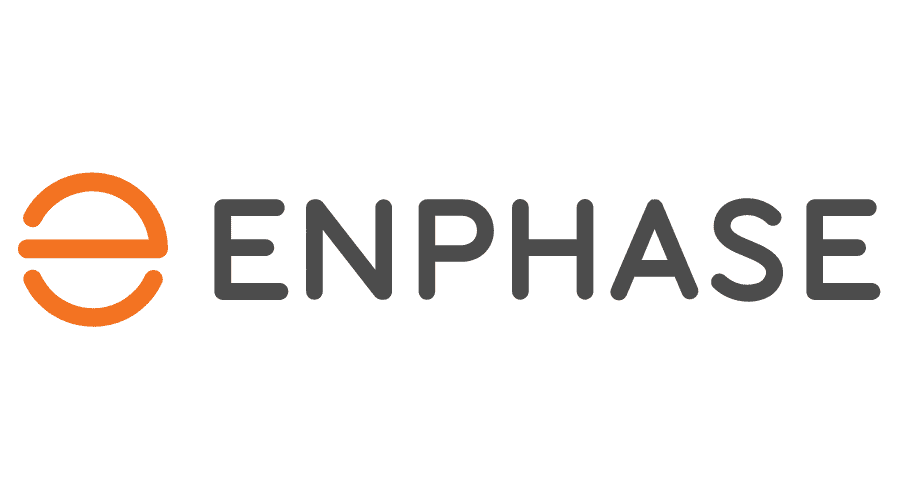
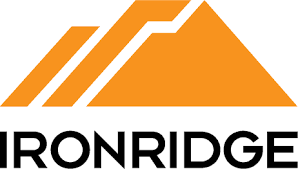
Share On: